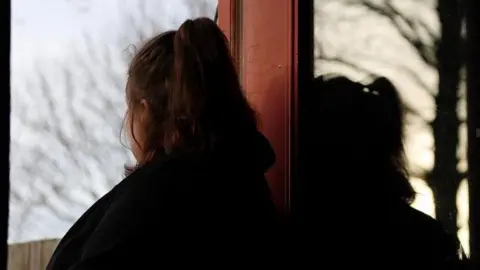In a critical development concerning child protection, the Home Secretary, Yvette Cooper, has announced a re-examination of 287 child sexual exploitation cases that previously concluded with no further action from local police forces. This decision represents a significant shift towards addressing historical shortcomings in the handling of such sensitive cases, which often involve vulnerable victims. The cases, now under review, had initially been dismissed, raising concerns about the efficacy of local law enforcement agencies in dealing with child exploitation.
The renewed investigations are being coordinated by a national police taskforce, aptly named the Police Child Sexual Exploitation Taskforce. This initiative aims to determine whether these previously abandoned cases can be reopened and to explore any new evidence or insights that might not have been adequately considered during the original investigations. The acknowledgment of overlooked cases indicates a readiness to confront past failures and strive for justice on behalf of victims.
In January, Cooper’s call for action encouraged all police forces across England and Wales to reassess historic exploitation cases, particularly those classified as ‘No Further Action’. This prompt has yielded a promising response; so far, half of the police forces have reported findings, leading to the identification of 287 cases awaiting review by the national taskforce. Although this is a step in the right direction, it emphasizes a broader issue of accountability within law enforcement regarding child protection.
As Cooper updated members of parliament, she noted that responses from the remaining police forces are still pending, underscoring the need for a comprehensive national approach to tackling child exploitation. She articulated that the government intends to vigorously pursue inquiries into all potential cases of negligence in previous investigations. Although there have been calls from opposition figures for a sweeping national inquiry into grooming gangs, the government has opted for a different approach. Instead of a comprehensive national inquiry equipped with the authority to compel witnesses, they have allocated £5 million towards funding at least five local inquiries, including one in Oldham, Greater Manchester. This local approach aims to facilitate targeted and effective investigations within specific communities where historical abuse has been reported.
To assist in these efforts, the Home Office has enlisted the expertise of Dame Louise Casey, a seasoned Whitehall troubleshooter, tasked with conducting an expedited review of the nature and extent of group-based child sexual abuse. Dame Casey’s insights are expected to inform both the ongoing inquiries and future policy decisions. However, Cooper has noted that the completion of Casey’s report has been delayed, with a request for a short extension. The outcomes of this review are anticipated to play a crucial role in shaping the narrative and actions taken going forward.
Previously, the national taskforce reported an alarming number of ongoing investigations into child sexual exploitation and gang grooming, with 127 significant cases being addressed across 29 different police forces. These statistics highlight the persistent and systemic nature of the problem, which continues to plague communities and raise ethical questions about the protection of children.
Therefore, the re-examination of the 287 cases represents not just an opportunity for accountability but also a chance to establish a culture of vigilance and dedication to safeguarding vulnerable children against exploitation and abuse. The engagement of multiple stakeholders, including the national taskforce and local police forces, underscores the cooperative efforts required to combat these deeply entrenched issues. By reassessing past failures and addressing systemic weaknesses, there lies hope for a more robust and responsive approach to child protection in the UK.



